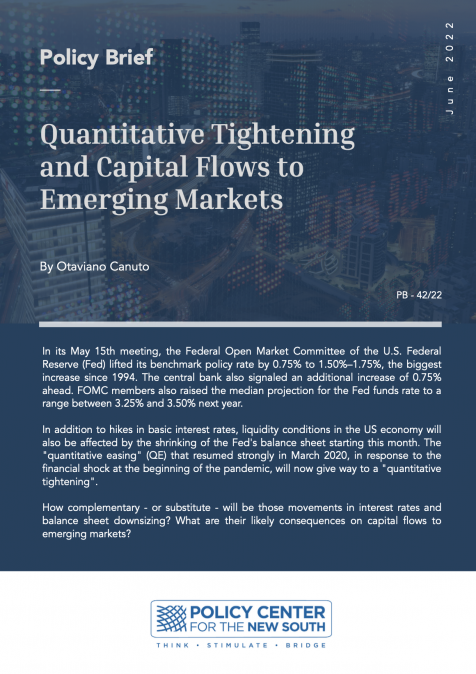Chair
Jorgelina A. do Rosario, Emerging Market Correspondent, Thomson Reuters
Speakers
Barry Eichengreen, Professor of Economics, University of California Berkeley
Martin Guzmán, Co-President, Initiative for Policy Dialogue, Columbia University
Nandalal Weerasinghe, Governor, Central Bank of Sri Lanka







